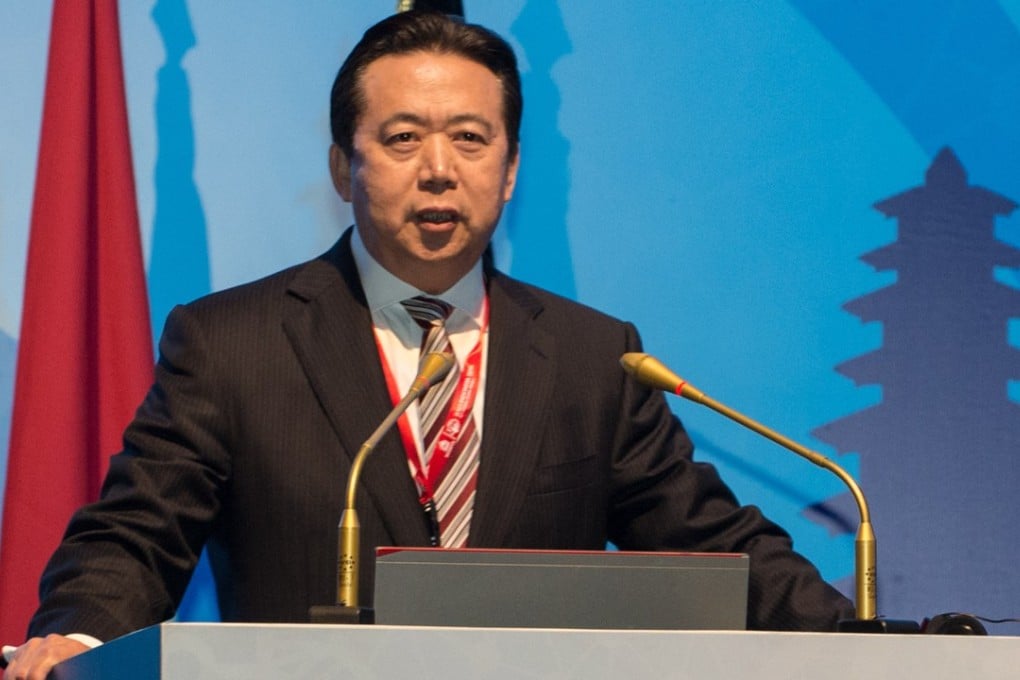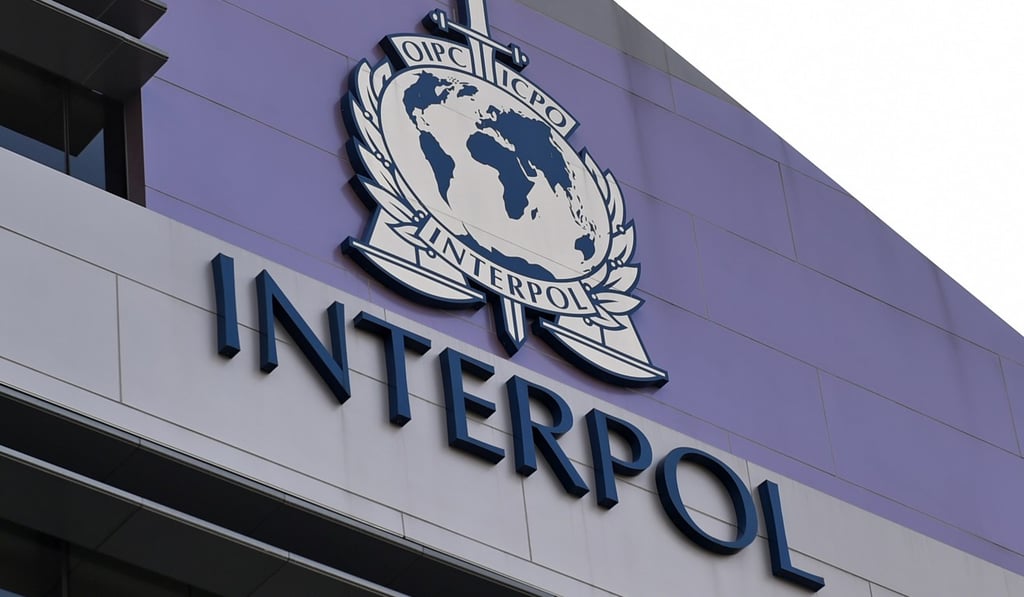Red alert: Doubts linger over Interpol’s Chinese boss ahead of Beijing meet
Police organisation prepares for first general assembly in China since 1995

Intrigue, infighting and cynical horse-trading aside, in a one-party state like China the most important meeting of the tightly controlled political calendar is the one which puts in place those at the very top of the ruling structure.
But another, much less trumpeted, gathering is due to take place in the capital a month or so before that. And it may well have far-reaching ramifications for China, and the rest of an increasingly uncertain world.
What’s an Interpol red notice and what power does it wield over wanted Chinese tycoon Guo Wengui?
In late September – for only the second time in its history – China will host the general assembly of the international police organisation, Interpol. Law enforcers from the organisation’s 190 member countries last met in Beijing in 1995.
Back then, the world was a very different place. And in a powerful emblem of changed times, delegates to Interpol’s 86th assembly will gather around its first Chinese president, Meng Hongwei, who was unanimously elected at last year’s meeting in Indonesia.

The election of China’s vice-minister of public security has been met with disquiet in some quarters over how China’s unique, and often opaque, legal and judicial systems will dovetail with an international system of norms rooted in a Western liberal consensus of what law and order look like.
High on the list of worries is the potential for abuse of Interpol’s red notice system of international warrants, through which member countries request to Interpol headquarters in France that a person they deem a criminal fugitive be put on a list for arrest pending extradition should they turn up in another member country.